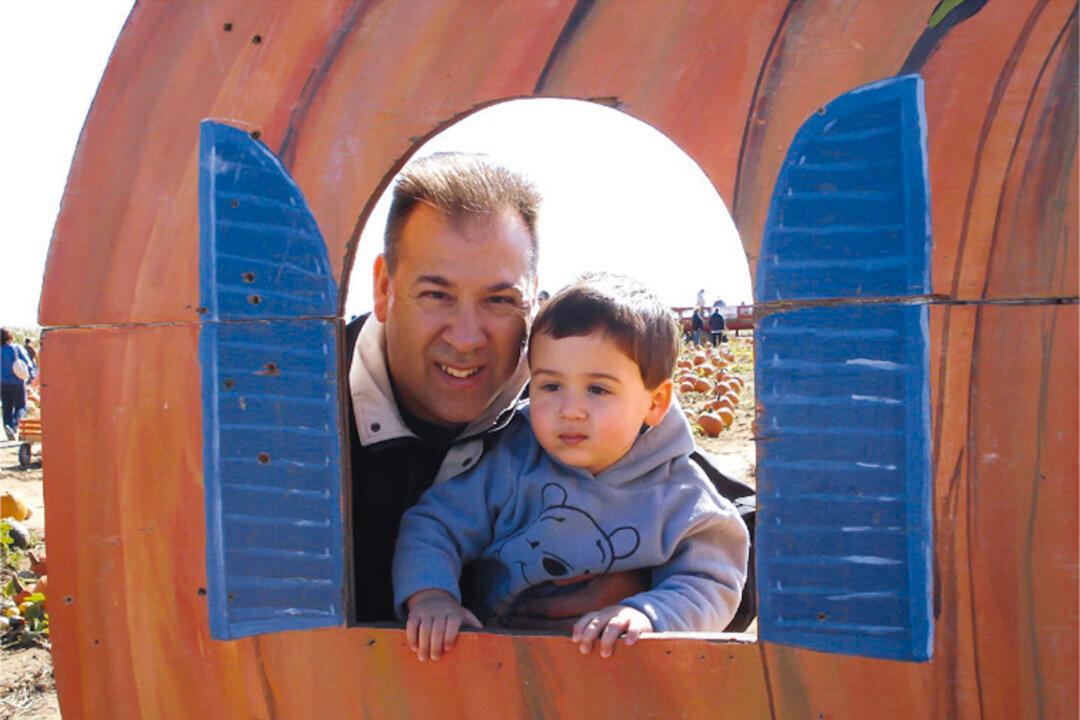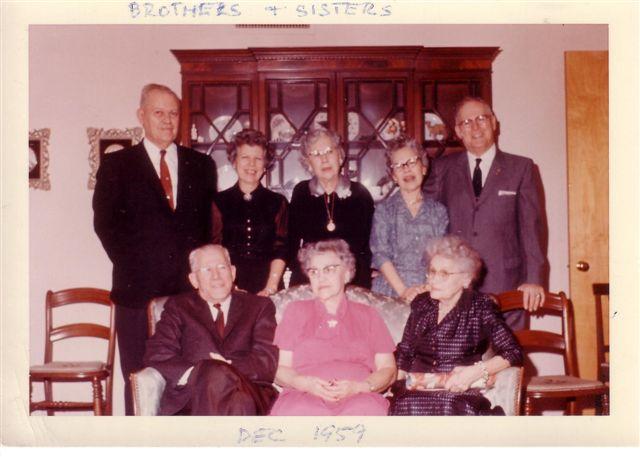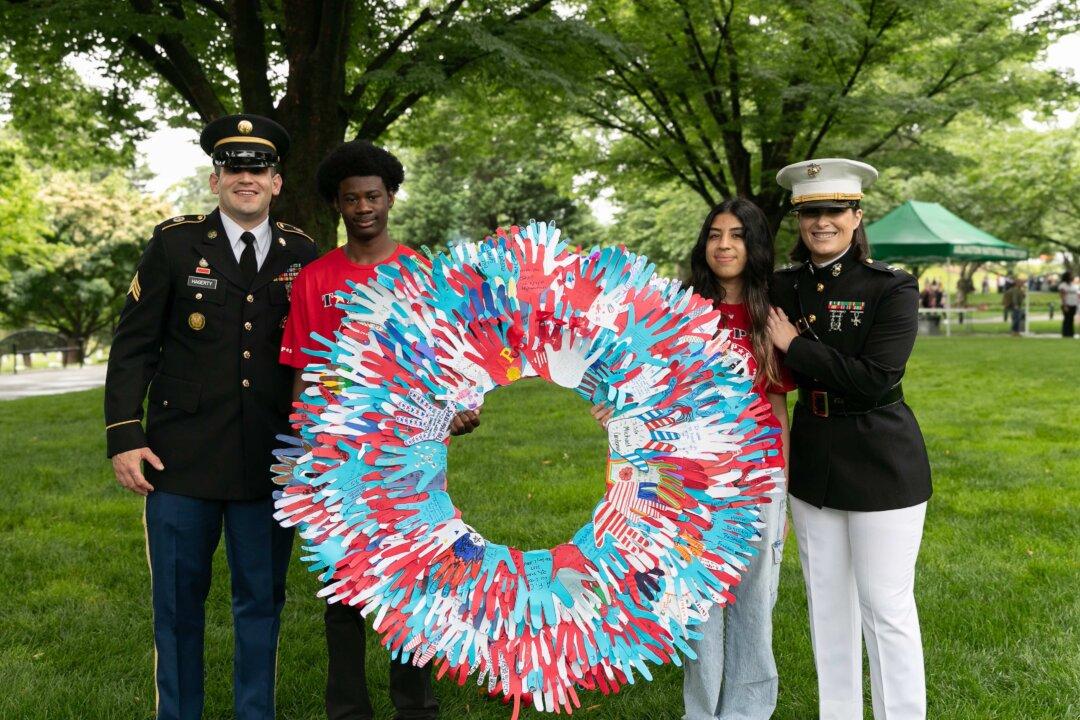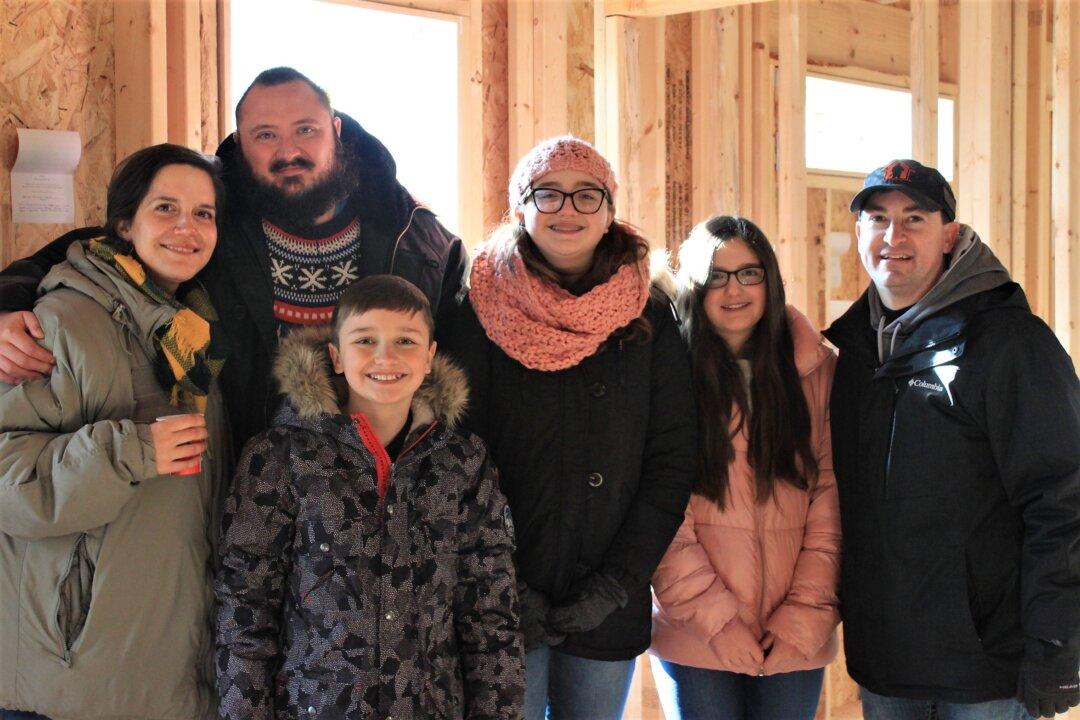Wisdom and virtue are traits strived for in a classical education, a study of the true, good, and noble. The following experts—those who promote the transmission of classical education—define what classical education is and can be for today’s students. And, more importantly, why does it matter today?
Dr. Alyssan Barnes
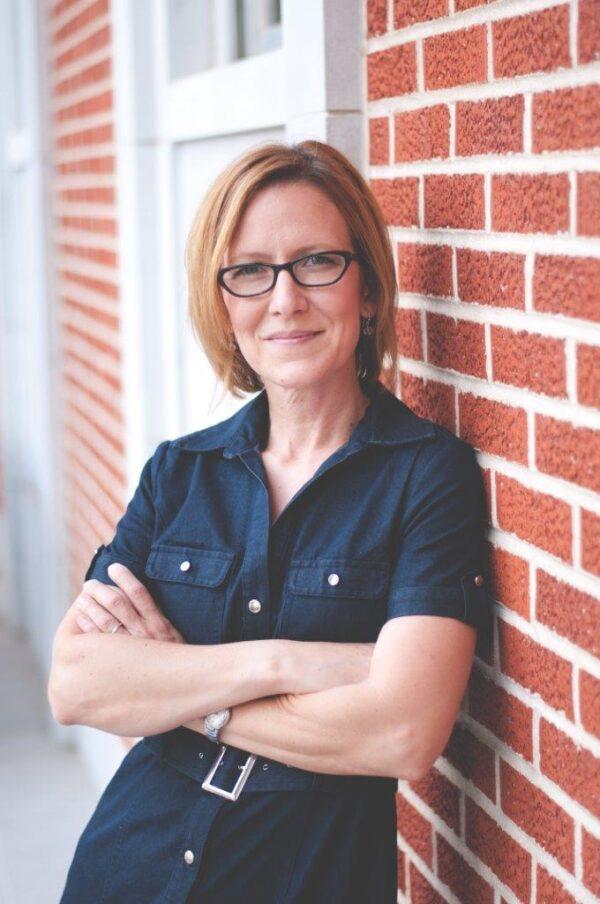
Courtesy of Dr. Alyssan Barnes


